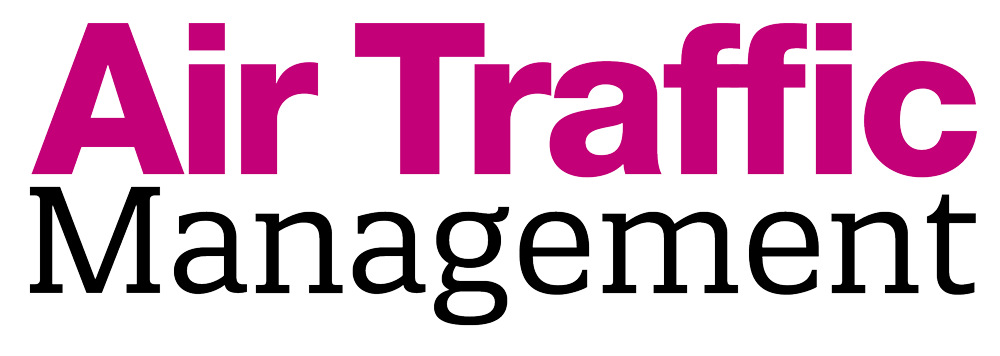Protecting against the use of illegal drones has become increasingly important at large events of all kinds. Last weekend, at the Formula 1 Qatar Airways Austrian Grand Prix 2024, the safety of the audience, drivers, and crews was a top priority. To ensure protection against drones, the security teams deployed the AARTOS DDS system. The most powerful system on the market was used in a mobile version in a Mercedes Sprinter.
Drone detection and defense should now be an integral part of the security architecture for security officials at large public events. The risk posed by drones, even "harmless" hobby drones, should not be underestimated, not to mention the potential danger they pose for targeted attacks. However, there is still a lot of ignorance in the specific area of drone detection and defense, which often leads to the use of only partially suitable solutions or none at all.
The situation was different at the Formula 1 Qatar Airways Austrian Grand Prix 2024. The security officials were familiar with AARTOS DDS from its successful use at Airpower 2022. It quickly became clear that Aaronia AG’s solution would also be the first choice for drone protection during the race weekend. The experts at Aaronia offer AARTOS DDS as a complete service package that seamlessly integrates into the existing security architecture. The high-end version AARTOS X9, installed in a custom-built Mercedes Sprinter, is ready for use in just a few minutes and includes everything necessary for effective drone protection. The system determines not only the position and speed of drones but also their altitude, ensuring high-speed detection of drone activities. It scans the entire frequency spectrum, including simultaneous scans of different frequencies, allowing the detection of all drones operating with radio signals. The AARTOS system provides real-time positioning of both the drone and the operator. Aaronia's proprietary software solution, RTSA-Suite PRO, plays a central role in this. It can identify almost all commercially available drones, take control of them if necessary, and land them safely. All data can be shared with authorized security authorities via the mobile app, ensuring they always know the current location of the drone and the operator in real time and can act accordingly.
"In addition to numerous drone sightings on the outskirts of the designated no-fly zones, we unfortunately had to intervene several times," explains Stephan Kraschansky, CEO of Aaronia Austria. "In most cases, it was enough to warn the pilots about their misconduct. In a few cases, however, we had to take control of the drones and land them safely to avoid any risk. At the same time, the security officials took care of the drone pilots."
This ensured the safety of spectators and drivers from illegal drone use at all times. The weekend was marked by on-track crashes between Formula 1 cars, culminating in an exciting race weekend where George Russell secured the first season victory for the Mercedes team as the smiling third.
The Aaronia experts not only demonstrated the fastest, most reliable, and efficient drone detection system but also set a record of their own. With a lap time of 7:14.29 in the Mercedes Sprinter, the team holds the lap record for mobile drone detection systems in Spielberg. This is just 6:06.60 shy of the fastest lap during the race, driven by Fernando Alonso in the Aston Martin.
